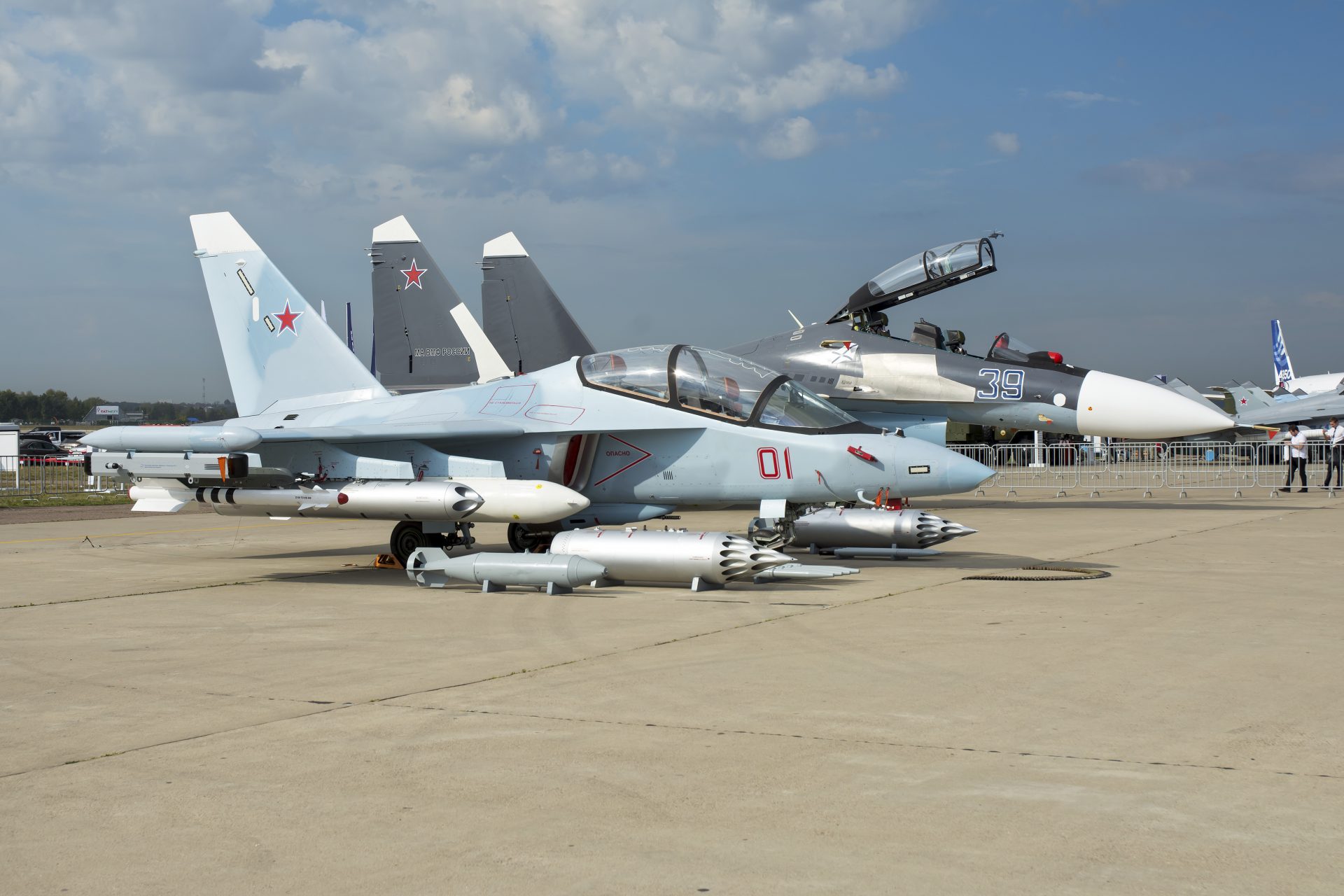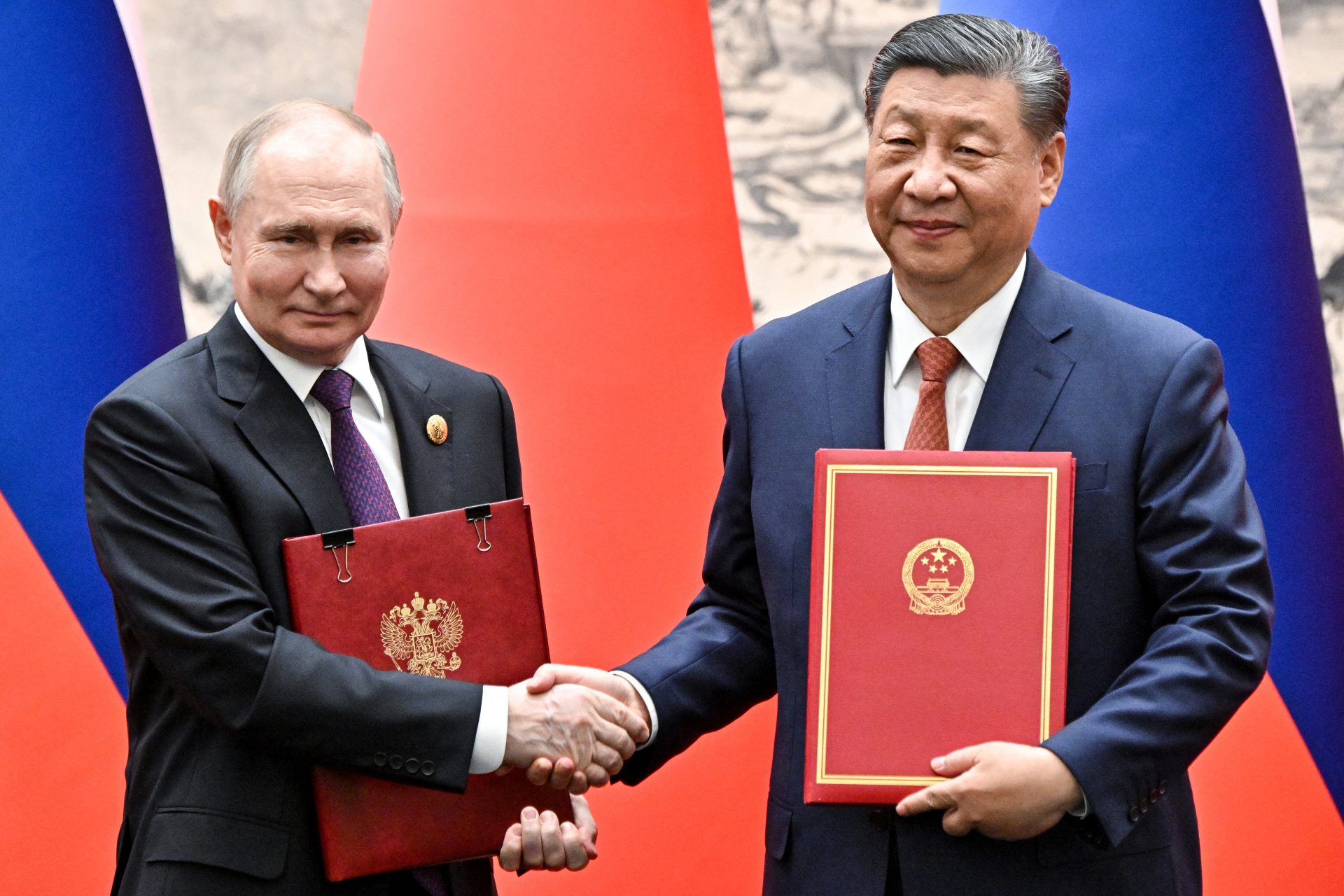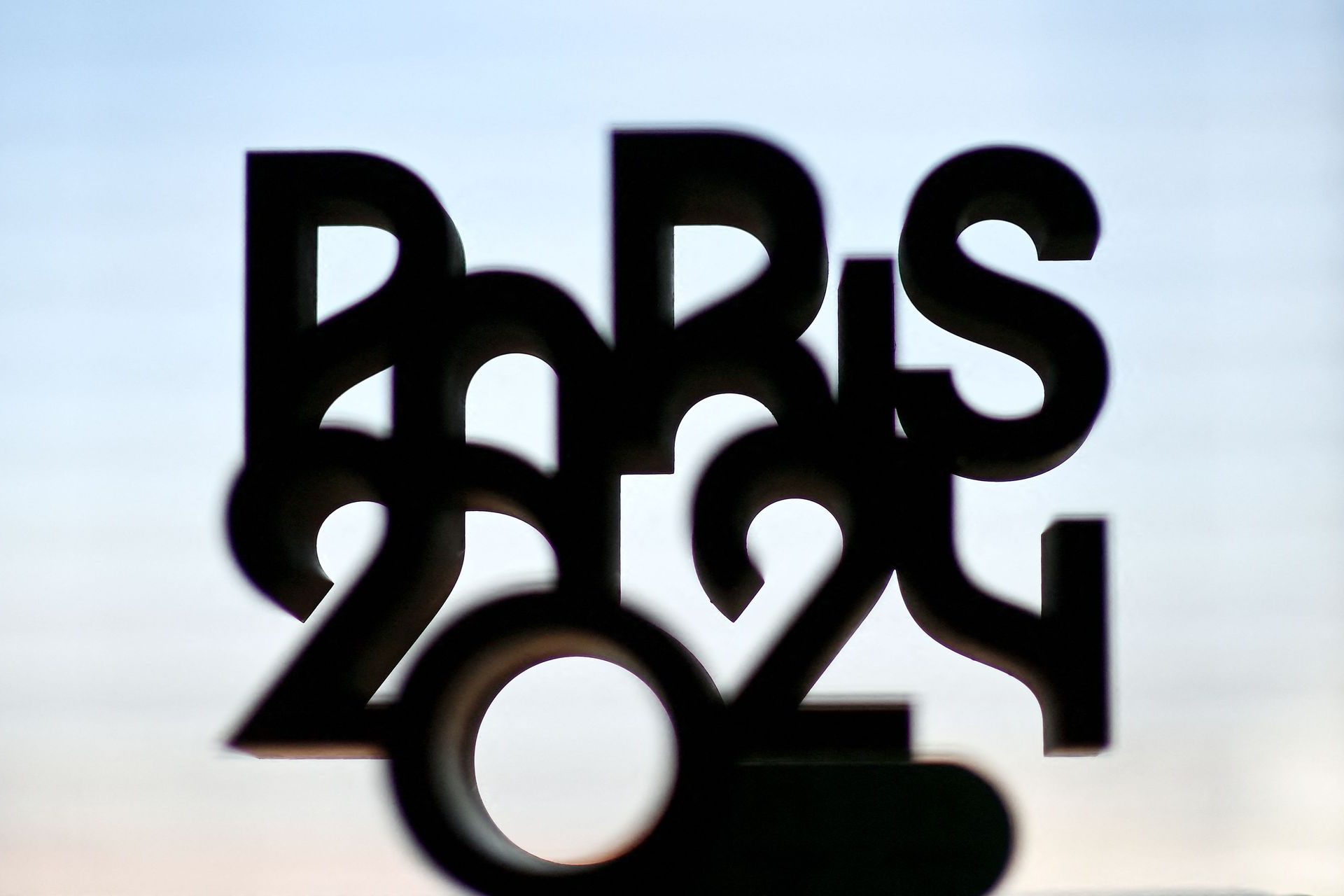Images of the global supply-chain shortage: What's happening?
IKEA is one of the world's giants of furniture and interior design. This is what the shelves of one of their New York City stores looked like in October, and it's hardly the only image of the global supply chain shortage.
This is what a Halloween store in the Miami area had on display.
With Christmas around the corner, some toys are also scarce, as can be seen in this Houston toy store.
Little else can be said about the stock shortage of many businesses across the UK, where the global supply chain shortage aggravates the effects of Brexit.
There's a worldwide bottleneck, breaking down the supply chain flow and letting ports overflow with container ships. They can't unload their cargo and block the arrival of new containers into these ports. This is the view of the port of Oakland, California, around mid-October.
Some experts talk about a global collapse provoked by a "perfect storm." It started out when the pandemic ground the world to a halt. Since then, restarting trade around the globe has proven very difficult.
The pandemic brought the world to a standstill. There were lockdowns, factories closed, production winded down and demand plummeted. With the pandemic becoming a thing of the past, a "rebound effect" has met suppliers around the globe: more consumption, more goods, more work...
Some industries can't produce enough goods to meet the demand. The microchip shortage is a textbook example of this situation: There aren't enough chips, which in turn affects the automobile industry. Customers in some European countries have to wait up to nine months to get the car they bought.
There's an excessive demand across the developed world. People are buying more with all the money they saved from the lockdown and businesses want to have their stock ready for Black Friday and Christmas. Paradoxically, getting supplies in advance has caused problems that can now be seen in stores.
The demand for goods in the US has been massive. Products have arrived in the usual containers but there are logistic issues in moving them outside the ports. There's also a lack of truckers and efficient distribution networks.
President Joe Biden weighed in and demanded week-long 24-hour port operations. If the distribution bottleneck isn't overcome there will be dire problems.
For one, Black Friday and Christmas are in danger of suffering from shortages. Several media have noted that Santa Claus may bring fewer presents this year to the homes of children in the United States, Europe and elsewhere.
The rise of prices on energy and raw materials is another factor that affects the return to normalcy for global trade and supply. Some industries in Europe have reached the point of stopping production altogether as they wait for costs to go down. Once more, this contributes to unmet demands in different markets.
Image: Matthew Henry / Unsplash
The excessive dependency of the world economy on China is once again a point of discussion. China is the factory of the world, but right now it can't produce enough. Or maybe it can and it's aiming to only supply the local market?
Brexit, with its borders and added bureaucratic checks for European transport and workers, has worsened this crisis for the UK. There are not enough truckers from abroad with the paperwork to work on British soil. The result: a scarcity of several goods in the stores.
The inverse situation is also a problem: alcoholic beverages made in the UK cannot be exported. There's concern in some bars and nightclubs in Spain as there are already shortages in supply for some drinks.
Anecdotes aside, investors and analysts believe that these problems could bring the global economy into a breaking point amid its post-Covid recovery. The growth of the economy is in jeopardy and the threat of inflation rears its ugly head.
The shortage problems shouldn't be seen in a developed economy. The picture shows fast food restaurant chain Wendy's apologizing to their customers due to the unavailability of some menu items.
There are experts who believe that the current global model has become obsolete and that delocalization (the transfer of production to the workforce of other countries) has to be done differently.
French president Emmanuel Macron has proposed an ambitious project to reindustrialize France and turn the country into a production and innovation hub. He announced that this plan will cost 30 billion euros. The goal? To produce goods from home again.
This crisis has also revealed severe understaffing in some essential jobs. There are not enough truckers to get imported goods out of the ports. Some people advocate for higher wages in certain areas, pointing to the need to attract workers in professions that might be hard and seem old-fashioned but nonetheless are still indispensable.
Image: Walter "CheToba" De Boever / Unsplash
Nobody knows how long this supply chain crisis might last or what consequences it could bring on the longer term. What many agree is that this year will end in chaos and shortages.
The slow end of the pandemic is turning out more complex than it appeared to be. What is true is that the global economy wasn't prepared for this and ground-breaking reforms may be necessary.
More for you
Top Stories




































